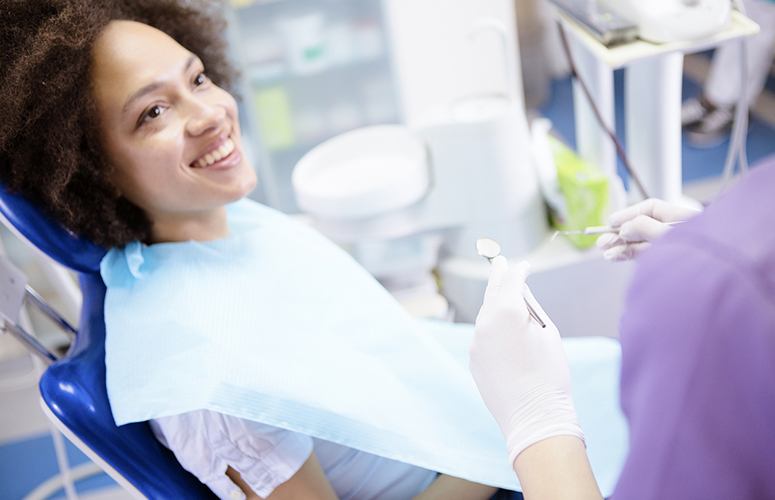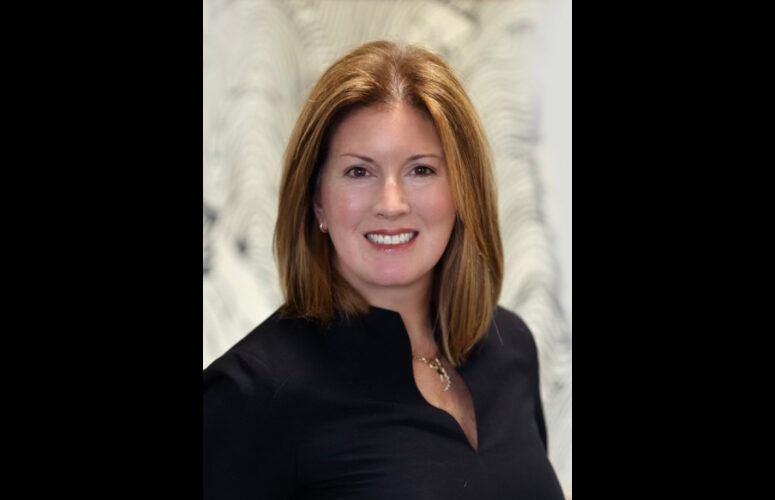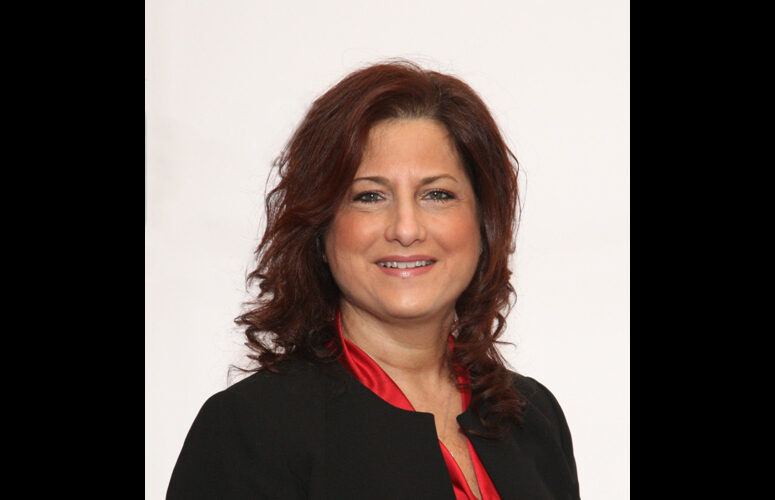
Dental School Receives Funding to Expand Care for Patients With Disabilities
Rutgers School of Dental Medicine will get a $250,000 boost for the only dental clinic in the region that provides care to patients with disabilities and on the autism spectrum
On Dec 31, 2019The Rutgers School of Dental Medicine (RSDM) – which is the only dental clinic in the region providing care to patients with disabilities – will be able to treat more special needs patients because of new state funding expected to receive final approval from Gov. Phil Murphy.
The bill, which would give RSDM $250,000, was introduced by state assemblyman Dan Benson (D-14) in the spring and overwhelmingly passed the state senate and assembly. The governor has 45 days to give final approval.
“We deeply appreciate all of those who recognize how important it is that everyone, without exception, have access to oral healthcare,” said Cecile A. Feldman, dental school dean who thanked supporters for these much-needed funds. “Additional resources mean that we can provide care on a wider scale.’’
John Barnosky, the father of a special needs patient who is on the autism spectrum, advocated strongly for funds to support RSDM’s Delta Dental of New Jersey Special Care Center, which trains dentists to work with patients who have disabilities.
“Disability can happen to anyone. It’s a bipartisan issue,’’ said Barnosky. “The approval of this bill shows that you can make a difference and be a voice for those who can’t speak for themselves.’’
A severe shortage of special needs dentists, and a booming population of patients with physical disabilities and behavioral disorders, has left special needs providers at RSDM and beyond struggling to meet the demand.
The dental school, the largest oral health care provider in the state, logged 7,757special needs patient visits in 2017. In New Jersey, more than 10 percent of the population has at least one disability, a figure that totals 911,300.
Nationwide, 48 percent of patients with disabilities had no dental check-up within a year, compared to 35 percent without disabilities, according to a 2016 study published in the Journal of Public Health Dentistry.
Barnosky’s son, Peter, 28, can be combative during check-ups. Since so few dentists are willing to provide even routine treatment, like cleanings and fillings, he often had to wait months for a non-emergency visit at RSDM.
Many dental offices lack ramps for wheelchairs, doorways that are wide enough for gurneys to fit through and other accommodations. But one of the greatest obstacles is dentists who lack training and experience. In addition to treating special needs patients, RSDM trains all students to work with patients with disabilities.
According to Feldman, extra staffing and additional surgical resources to treat the many special care patients who need general anesthesia will greatly bolster RSDM’s clinical and educational mission.
To access more business news, visit NJB News Now.
Related Articles:





